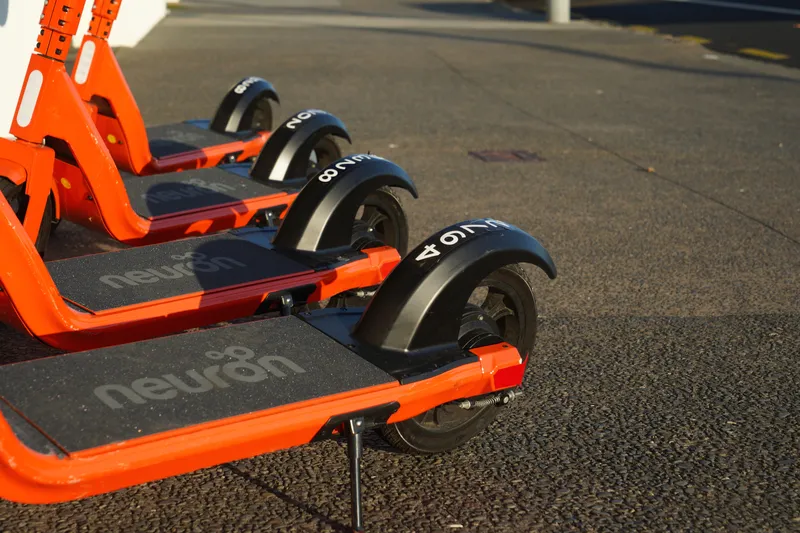Jakarta is restricting electric scooters to designated areas in the Indonesian capital amid plans to toughen up rules on their use following two fatalities.
By Ben Spencer
January 29, 2020
Read time: 1 min

A report by The Jakarta Post says e-scooter riders travelling outside designed areas could face fines up to Rp 250,000 (£13) and one month in prison.
Jakarta Police spokesperson Sr. Com. Yusri Yunus said e-scooters can be used at the Gelora Bung Karno sports complex in the village of Senayan and Soekarno-Hatta International Airport in the city of Tangerang.
The city is now working on a proposal which will include a speed limit of 20 kp/h and require all riders to be at least 17 years old. Scooters will be banned from pavements, and foot riders and riders must wear helmets.










